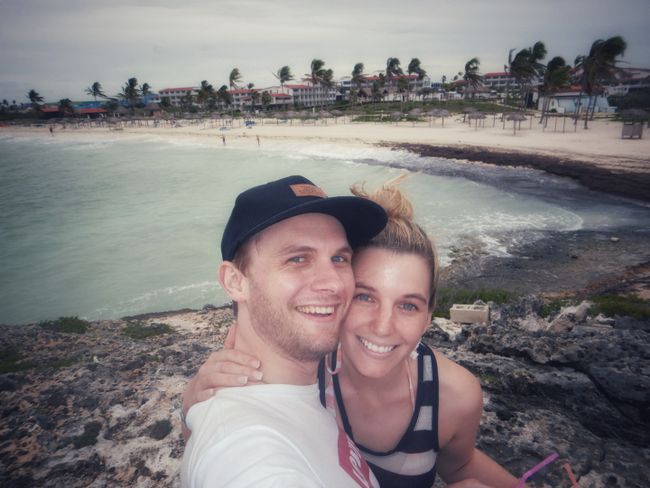Asia and the right side of the street
Foilsithe: 01.10.2018
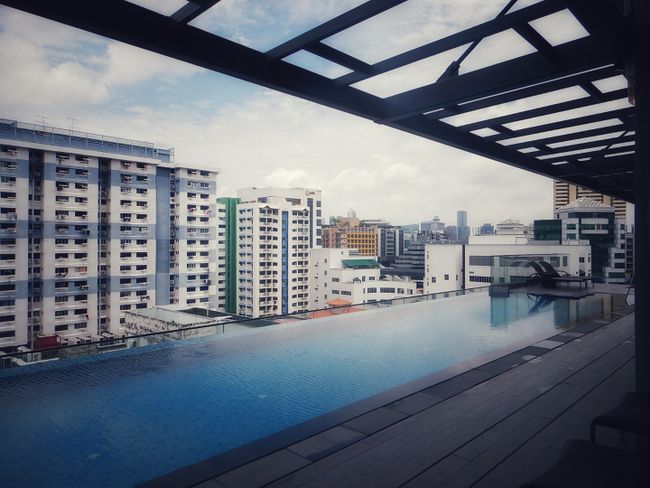
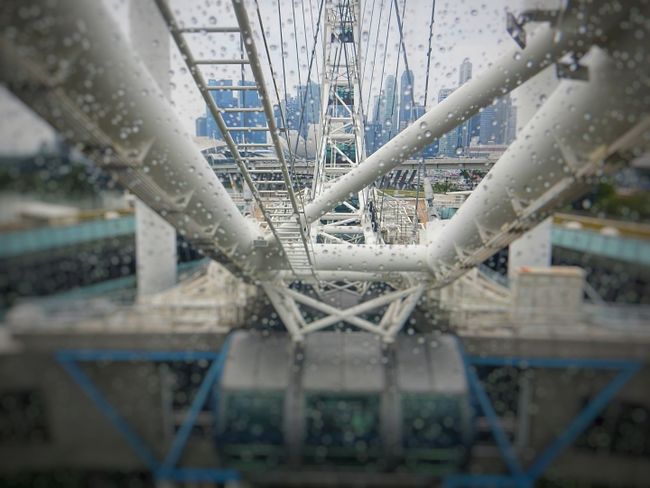
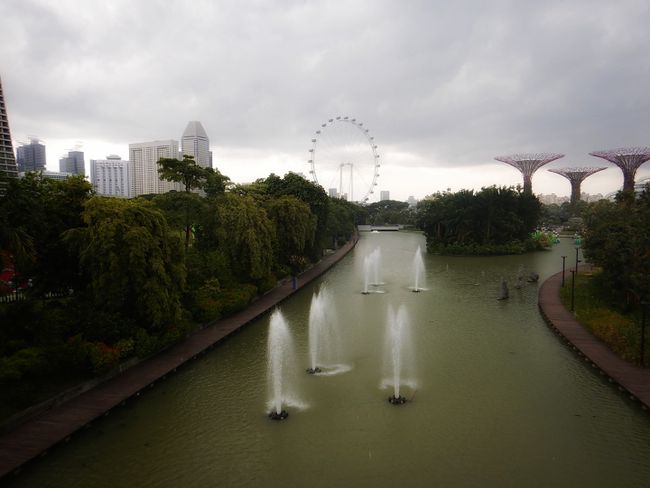
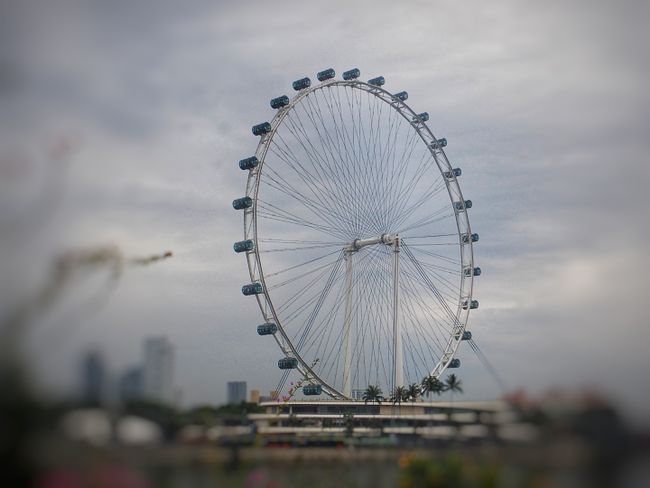
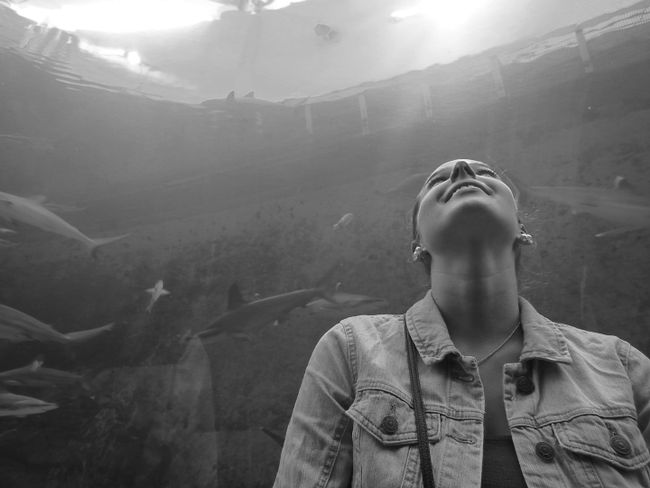
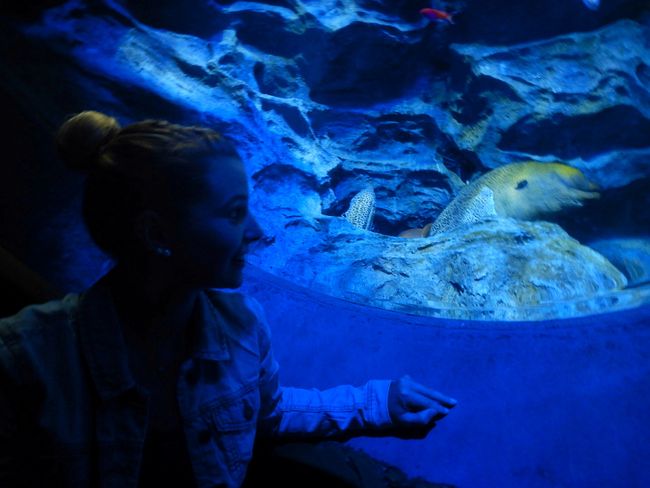
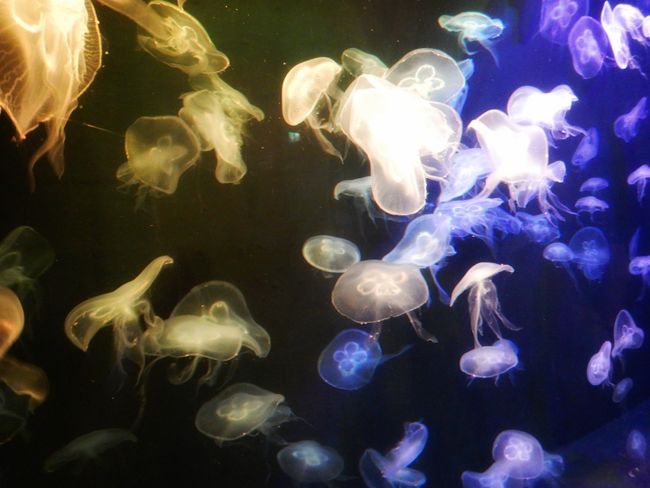
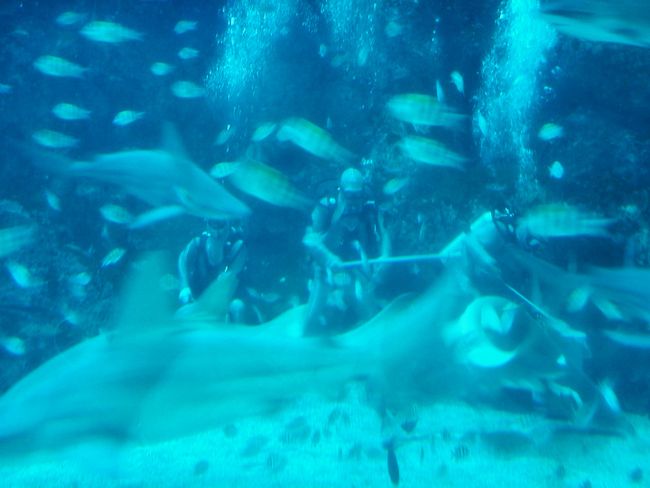
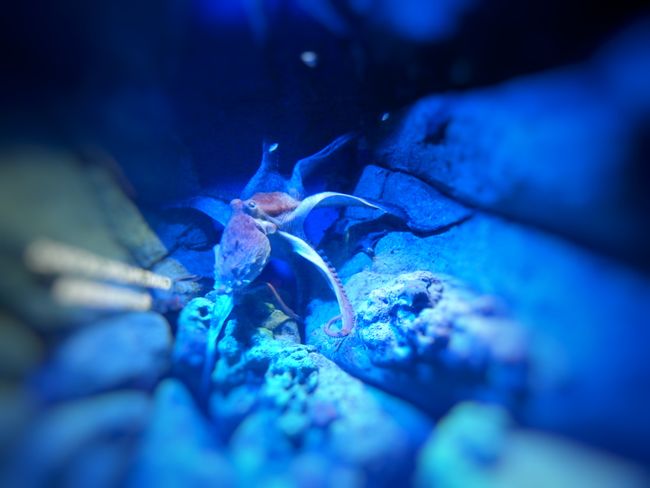
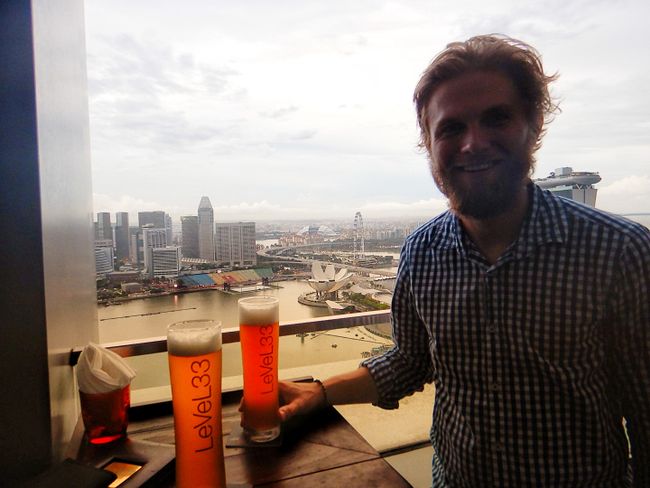
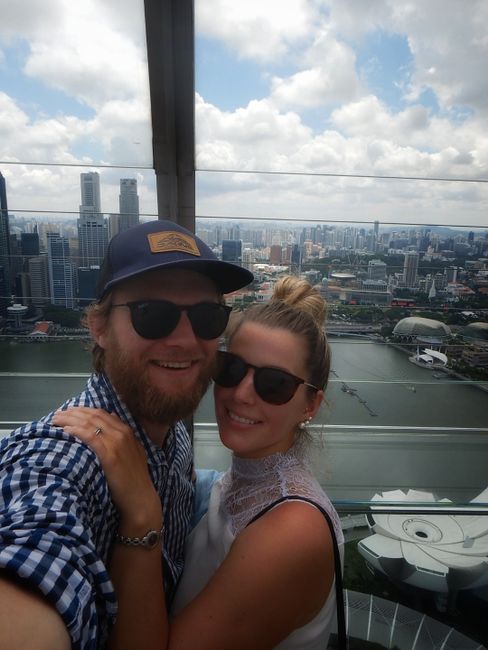
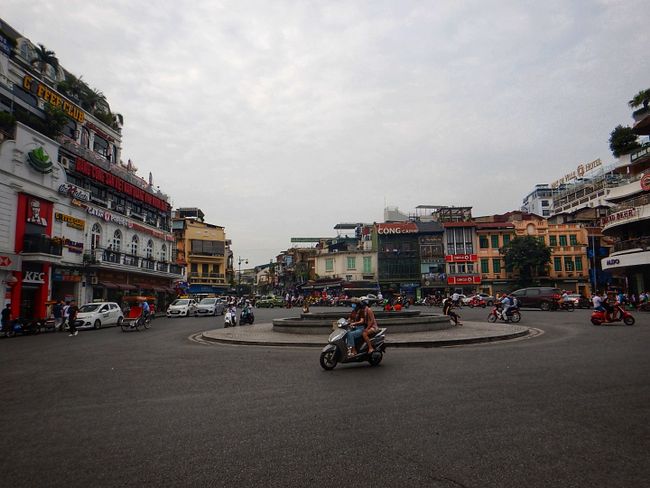
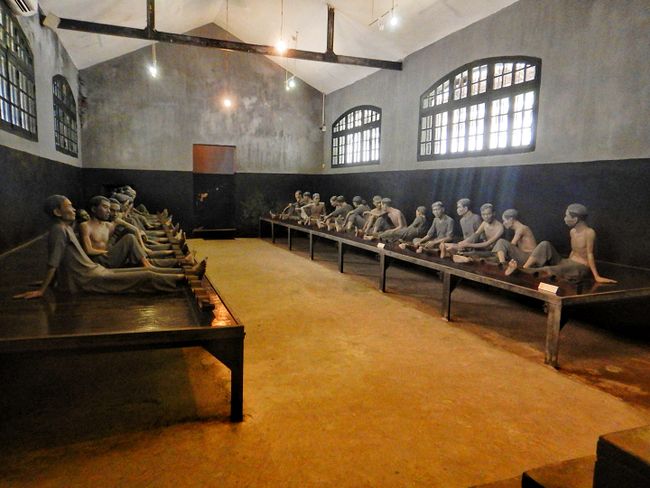
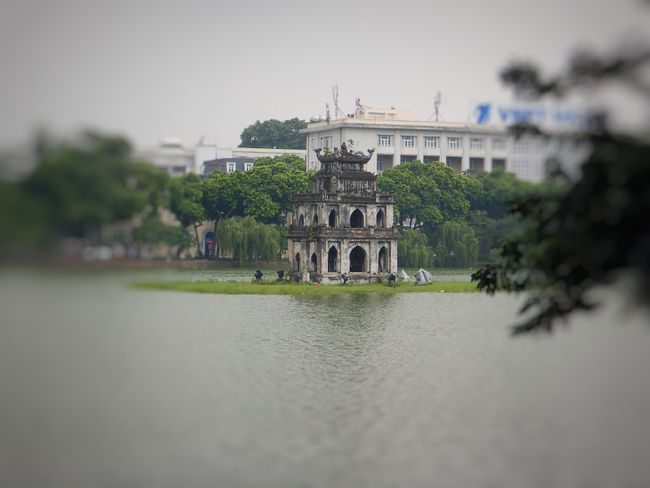
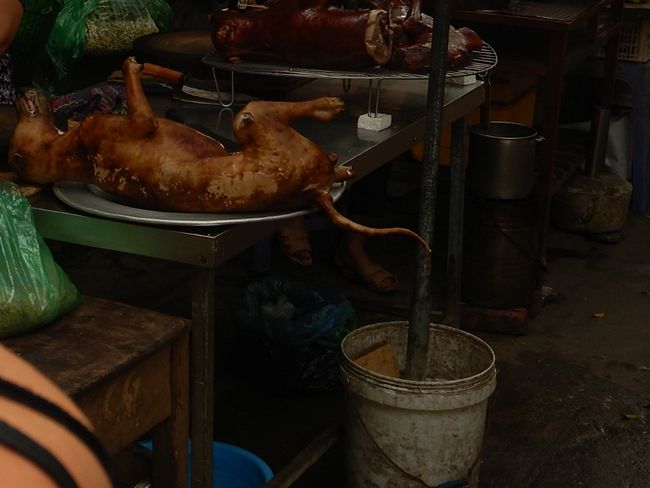
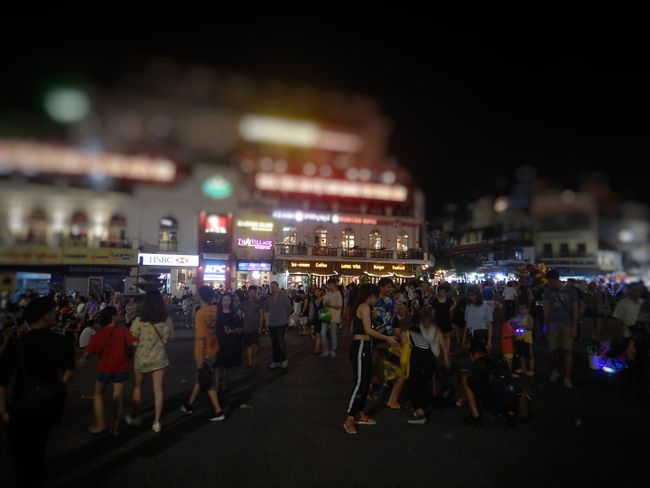
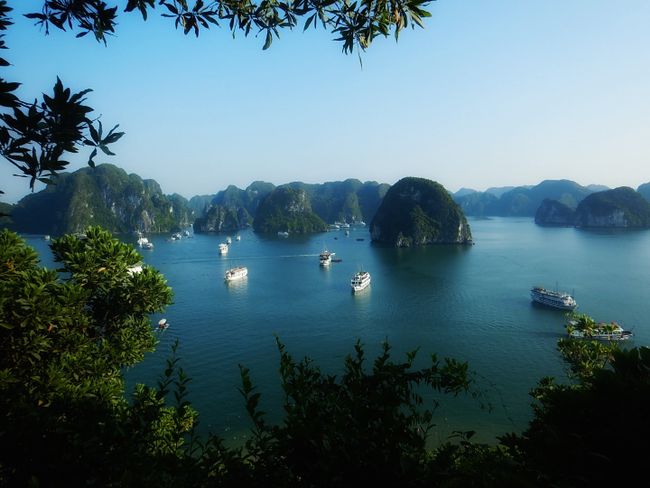
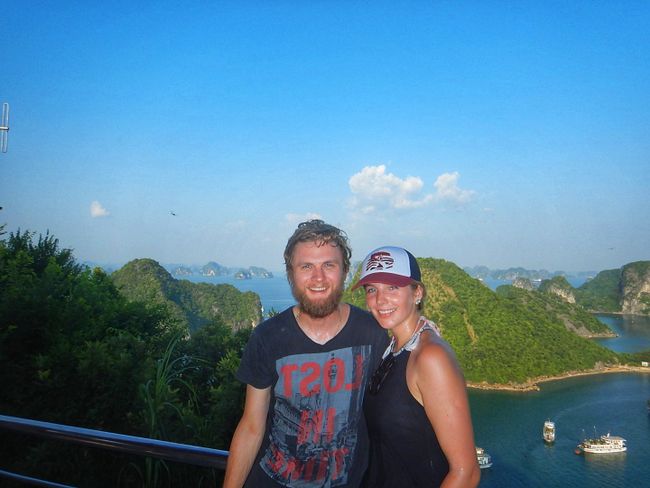
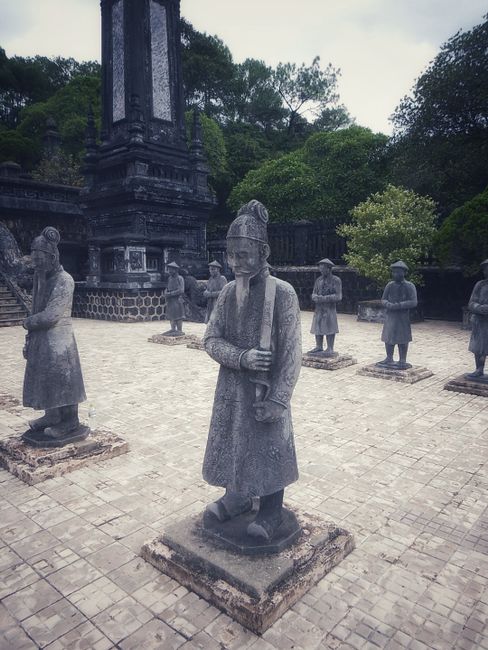
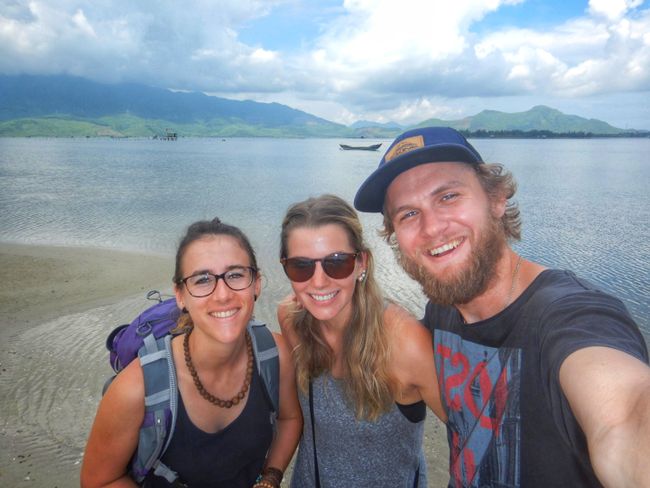
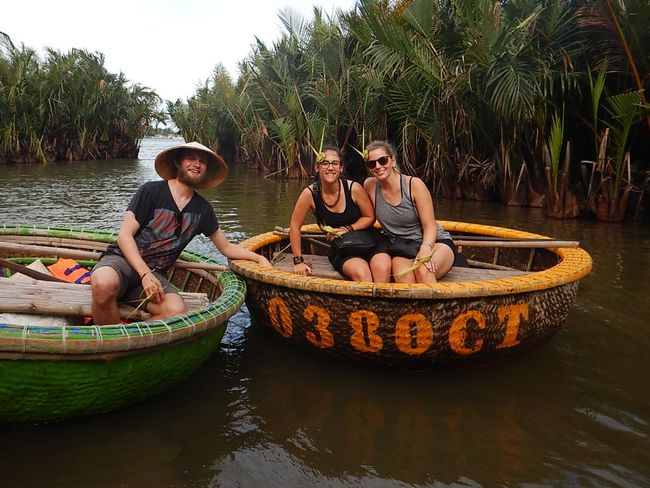
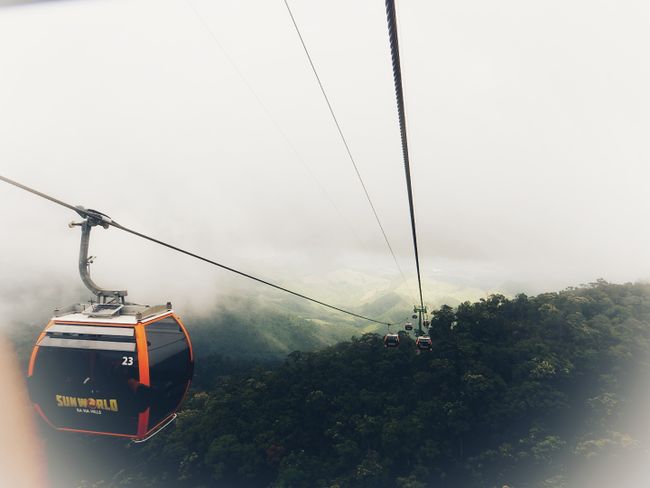
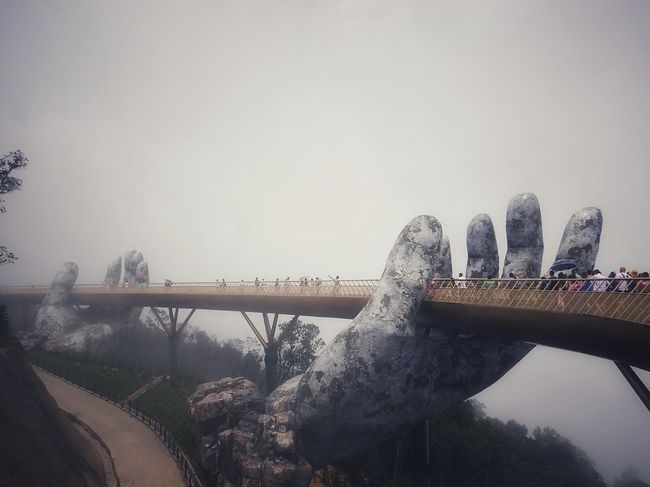
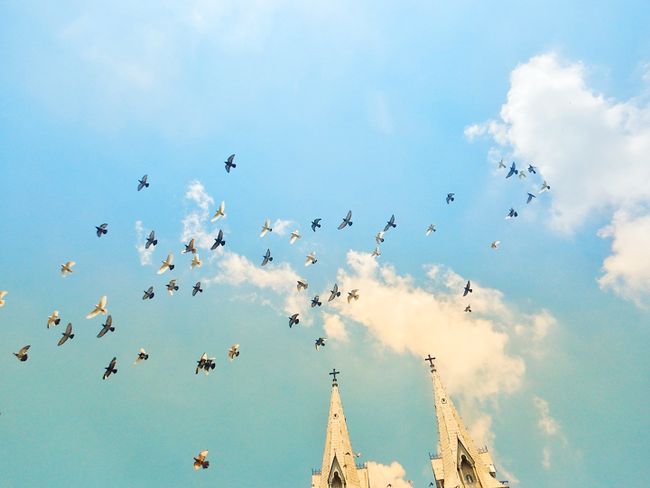
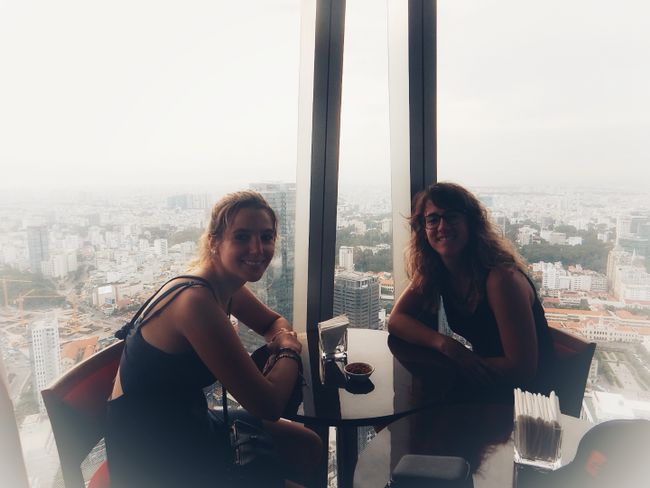
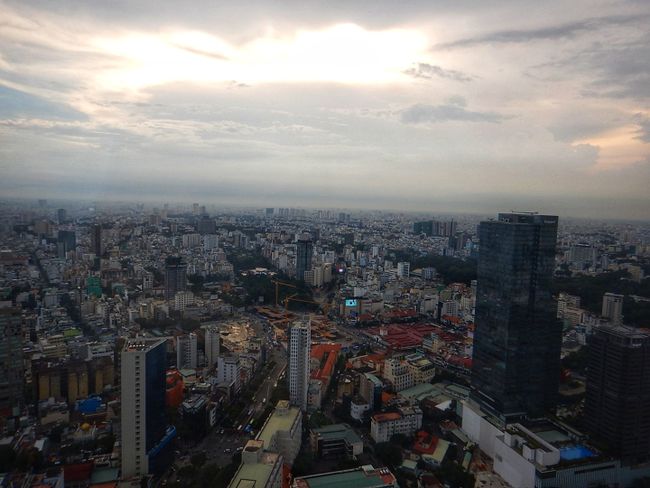
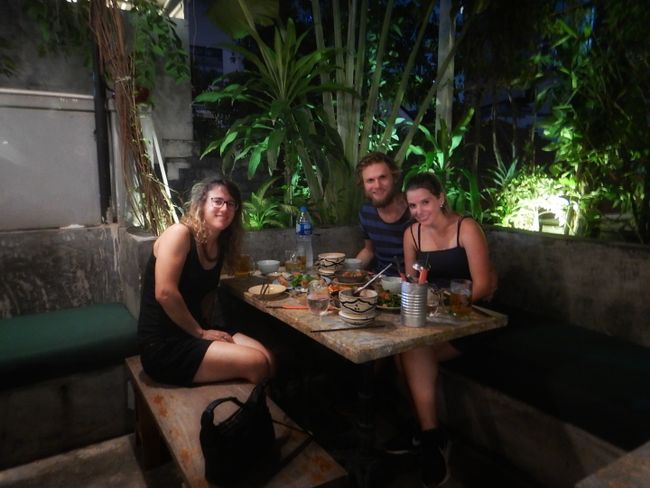
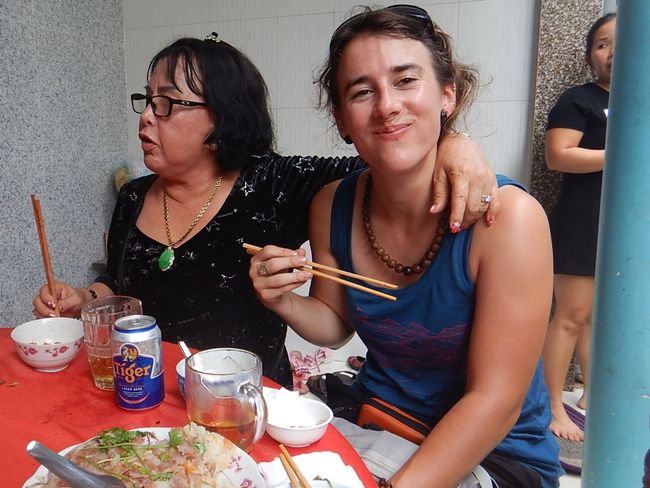
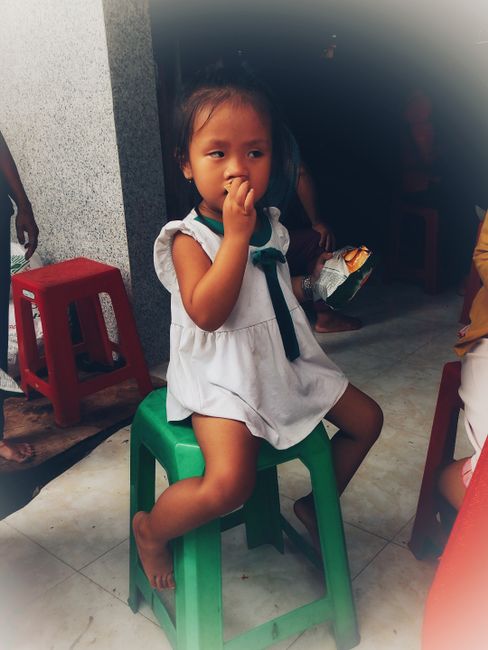
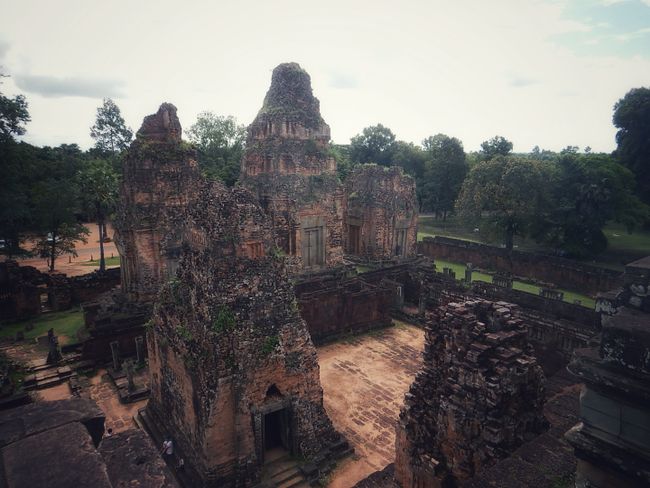
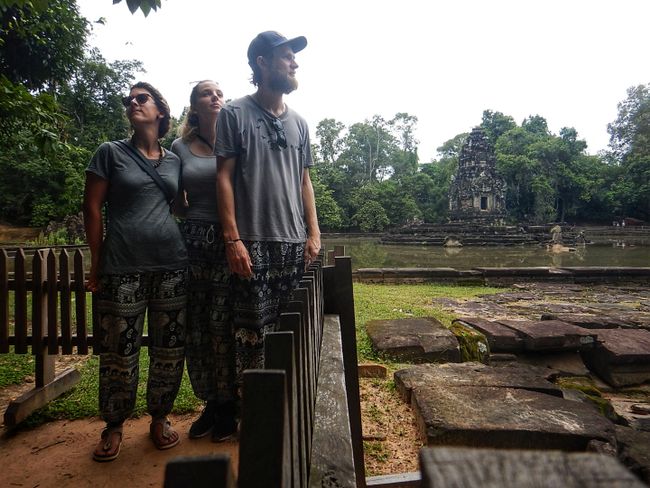
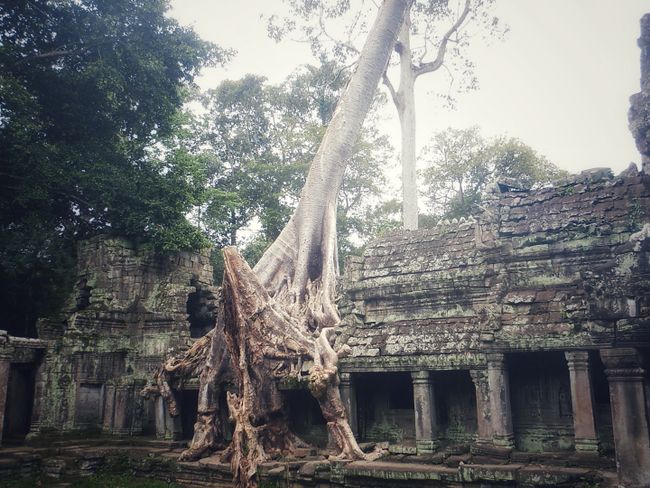
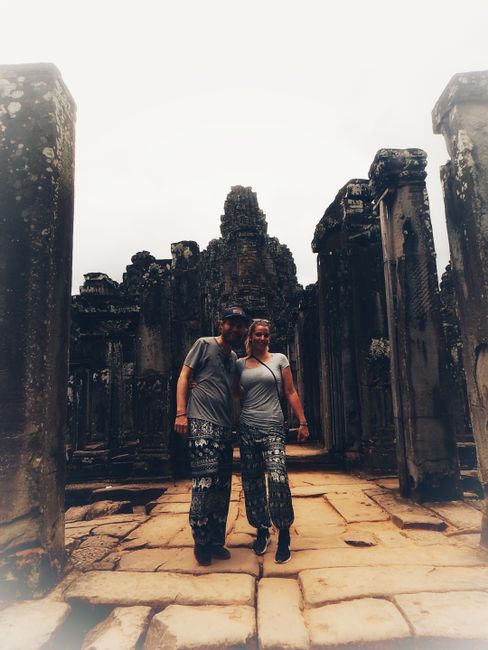
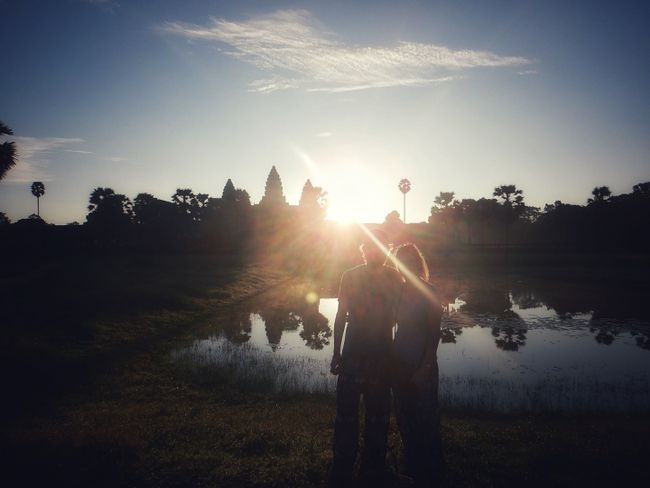
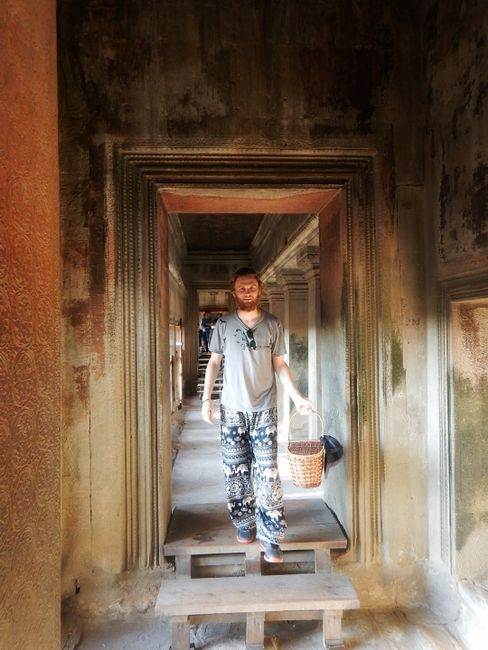
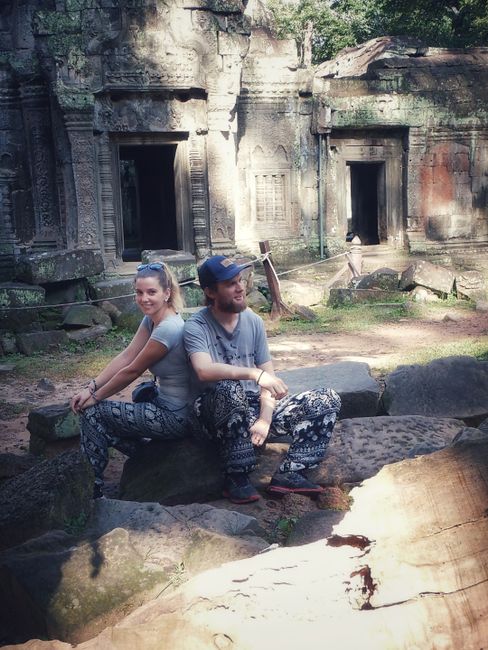
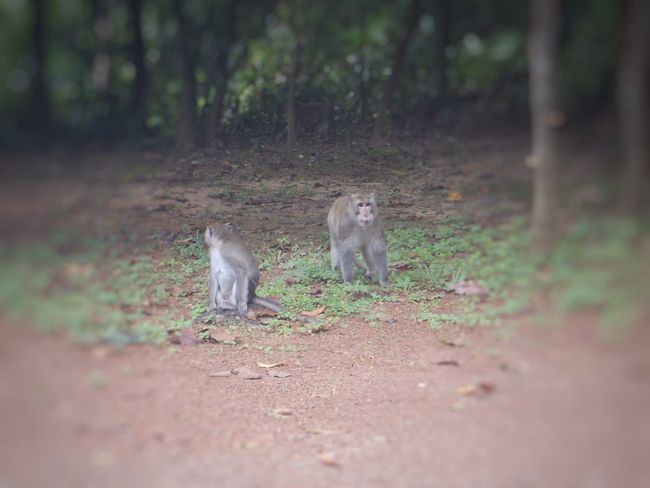
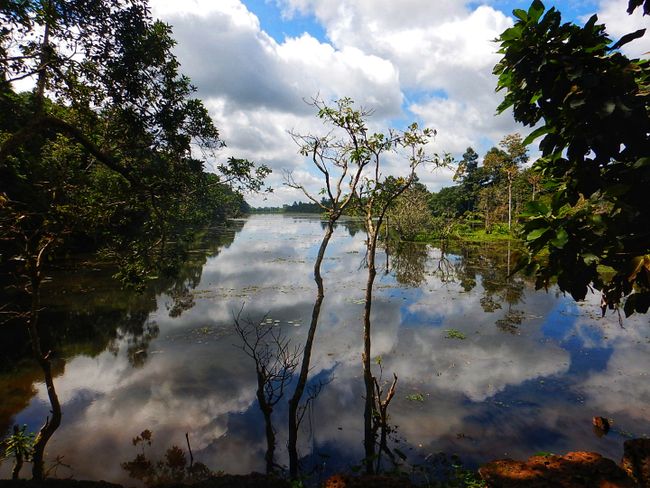
Liostáil le Nuachtlitir
Our travel planning resembled a tennis match: It started in the less developed Cuba, followed by a few months in the industrialized countries USA, New Zealand, and Australia. The back and forth was to conclude with the exploration of the partially less developed countries of Asia. The connection between the countries – particularly Cuba and Vietnam – was also brought to our attention in the museums, where the communist government of Vietnam repeatedly reminded us of its brothers from Cuba.
Singapore
In mid-August, we left the industrialized world as we know it behind and headed from Australia to Singapore, where our stay in Asia began. Singapore was an ideal introduction after a long time in highly developed countries. When one thinks of Singapore, one usually envisions the skyscrapers in Marina Bay or the annual Formula 1 race. However, Singapore is also Chinatown, where you get a first impression of what awaits you in other parts of Asia. The usual cleanliness of Singapore was somewhat less intense in this quarter.
The city-state truly impressed us: 6 million people live close together. Hindu and Buddhist temples are within walking distance of Catholic churches and mosques. One got the feeling that living together here can actually work. We really enjoyed our four days in Singapore:
- Our highlight was the visit to the ‘highest brewery in the world’ on the 33rd floor of a skyscraper overlooking the most important tourist attractions.
- To stay with superlatives: the former largest and now second largest aquarium in the world was spectacular, and during our four-hour stay, we were never bored.
- The food – Asian food in Asia is definitely not the same as the Asian food that can be ordered in Switzerland *super delicious*!
Even in Singapore, we got a first impression of traffic in Asia. What seemed very congested at the time turned out to be relatively harmless later on.
Vietnam
Upon landing in Hanoi, the contrasts were evident: rich and poor live close together in this million-city. The drive from the airport to the hotel reminded – particularly in terms of cleanliness (or lack thereof) – of Cuba instead of Singapore. As we learned later, it is only explained to the generation under 30 that trash does not belong on the street or in the nearby river, but in designated containers.
The visit to Halong Bay (the second of the seven unofficial natural wonders we were allowed to visit after the Grand Canyon) and the Old Town of Hanoi during the weekend was wonderful. From Friday evening, this area is closed to car traffic, and the streets are populated by street musicians and future dance superstars.
In Hanoi, our travel group was also supplemented: For the next two weeks, Livia Reimann from Adelboden joined us. Livia is 27 years old, a very good friend of Karin, started her long journey in Asia – she will continue on to Oceania - and is (still) not on Tinder. In Switzerland, she last worked as a cook in our wedding restaurant. She organized for us, how could it be otherwise, a cooking class in Hanoi, including a visit to the local market, where dogs not only eat what is lying around, but can also be eaten. The sight of ‘Spanish dog’ and many living animals (frogs, fish, shrimp) sparked mixed feelings in us, who are not members of animal protection organizations. It was only here that we became aware that the development and use of refrigerators can positively affect animal welfare. When no refrigeration is available, living beings are kept alive as long as possible before being eaten. As we learned, it is common in Vietnam to visit the market at least once, often twice a day, so that everything that is prepared is effectively fresh. Back to the cooking class: It was a great evening, even though we failed at pronouncing the dishes. If you mispronounce pho (Vietnam's national dish, a soup), you shouldn't be surprised if you either get chased away from the restaurant or suddenly a very young, exceptionally good-looking woman approaches you actively and tells you how beautiful you are. Exactly, pho not only means soup, but also refers to a woman to whom you would like to give your heart, as you simply have nothing more. If this person then joins you, you should not pay and pay until you simply can't anymore. The heart will probably not be enough for her.
Despite all the effort from our cooking teacher and ourselves, we still can't pronounce the magical word in a way that we can be sure to order a soup. Therefore, we ate more fried rice in Vietnam.
Night trains, tourist attractions, and sides of the street
From Hanoi, we took the night train to Hue. We spent about three days in this region. Among other things, we visited the Golden Bridge – an impressive bridge that looks, in pictures, like it could be the most beautiful and one of the longest in the world. In reality, it is also quite beautiful and at 150 meters rather short.
Two of those three days, we were accompanied by a private guide and driver. The discussions with these two men were highly enlightening. The internet – widely available in Vietnam since 2010 – has truly changed the country. According to our guides, it was previously impossible to receive information that wasn't colored by the government. Now one can inform oneself and does not have to rely on fake news. What was obvious to us even before the internet became possible in Vietnam only through the www.
The saddest part was the ride through Da Nang. The government hypes this region and attempts to market the beautiful beach. The attempt is rather successful. On the left side of the street, one resort follows another, and where no hotel stands yet, a sign indicates that this will soon change. On the other side of the street is a wall. Behind it live the locals. They are no longer allowed to go to the beaches. One might almost think that a sitting president of another nation spent a vacation in Da Nang and came up with the idea that a wall might solve important problems and exclude unwanted persons from a certain area. Another comment on the standard of living in Vietnam: the average income in Vietnam is around CHF 2,800 per year. Typically, one has one to two public holidays per month. Holidays are absent. By comparison: in Switzerland, the average income (or median income) varies between CHF 70,000 and CHF 80,000 depending on measurement. Even with a minimum AHV pension of CHF 14,100 and without a pension fund, living in Vietnam is like being a prince.
The first train journey was very quiet and orderly. The 13 hours flew by (play on words: in the train like in flight – thigh-slapper alarm). The second journey from Hue to Ho Chi Minh City (Saigon – by the way, both names are still used synonymously locally) was a bit different, and not only because of the length of 20 hours. That the bedsheets in our sleeper car were obviously not changed and full of hair, we accepted. The search for the toilet was truly disgusting. Apparently, a Vietnamese woman had also not found it. Thomas saw the crouching person first. Karin, in her flip-flops, barely managed to escape as fresh urine flowed over the train floor. After she finished her business, she wiped up her mess with a mop. Karin and Thomas looked at each other: ‘Will we also have to go to the ‘toilet’ this way for the next 20 hours?’ No - the toilet was one train compartment away. Breathe! The toilet wasn't particularly nice either, but hey - when you think of the train floor, you'd rather take any toilet. By the way, we all had some stomach issues that day. But we all survived and were able to take care of our major business at the hotel the next day (I know, this probably did not interest everyone, but for us it was a great relief – in two ways). For Livia, the train rides were particularly beautiful; she was once robbed on a night train, which understandably caused a bit of paranoia. We can still write the blog, so we survived (even Livia), but she has since been nicknamed Paranoia-Livi.
Saigon and the Mekong Delta
Saigon is the most developed city in Vietnam. But here, too, there are not only beautiful new skyscrapers, but also slums. Built directly by the river. Three to four times a month, the houses are flooded by the river due to high tides.
The visit to the war museum was very disturbing. The direct victims of war weapons and the late consequences of Agent Orange are documented therein. How would the world look if people were forced to visit this exhibition every time before declaring war on each other?
On the second day, we revisited the Mekong Delta with a private tour. We were promised ‘the real Vietnam’ and that we wouldn’t see any other tourists all day. The promises were kept and more than that! Our luck was that a death anniversary celebration was taking place at the house of our guide's uncle. In Vietnam, a celebration with friends and family is held for the dead on their anniversary. So there we were: 25 Vietnamese, Livia, Karin, and Thomas. The Vietnamese are very strong drinkers and are quite offended if you do not drink a beer in one go. An old, wealthy lady took a liking to Livia and wanted to take her home. Unfortunately, she could not get Livia drunk and submissive as expected. So the wealthy lady then went home alone. Thomas and Karin kept presenting their wedding rings and escaped advances.
Cambodia
The journey was to take us (this time by plane) from Ho Chi Minh City to Siem Reap, Cambodia. What we booked in Cambodia for CHF 35 per night for a hotel seemed like a dream. We really treated ourselves: a massage was not to be missed, and we could have our laundry done. In Siem Reap, Beat Richner ran one of his hospitals. It was impressive to see how revered he was in Cambodia. Currently, a hundred-day mourning is taking place in his honor.
Siem Reap is famous and notorious for two reasons: the temples of Angkor Wat and the nightlife. We visited and enjoyed both. The sunrise over the temples was very spectacular, although we were not the only tourists wanting to see it.
In Siem Reap, we left Livia behind. We knew that she is a big fan of strawberries, but she hadn’t enjoyed any for a long time. So when we discovered a large box of a dried fruit mix in the supermarket that contained strawberries, we had to seize the opportunity to gift them to Livia as a farewell. We are curious to see when Livia will enjoy these fruits. Since she will arrive in Australia in a few days and food is not allowed to be brought in, she needs to hurry.
Safe travels, Livi, it was fun!
Bangkok
We took an eight-hour bus ride to Bangkok. At the border crossing, we learned once again how valuable the Swiss passport is. While people from Singapore were questioned at customs for over an hour, our crossing was quick.
In Bangkok, we had a very nice hotel, visited various temples, saw countless Buddha statues, and sweetened our evening with a dinner on a boat. It was very nice!
We also visited the unofficial ‘largest market in the world’. The Karinfroueli wanted to constantly go to the market but Thomas did not want to be dragged along. In Vietnam, Cambodia, and Thailand, we visited various markets. Thomas initially resisted, as he thought back to market visits in the Arab world. But visiting markets in Asia is very pleasant. No constant talking to you. We world travelers strolled leisurely through the markets and only when we studied something in detail did the seller come over and bargaining began.
We were already a bit overwhelmed by the traffic in Vietnam. Countless vespas made the streets unsafe, and traffic rules are hardly observed. Nevertheless, traffic was worse in Bangkok. In Vietnam, you had the feeling that only geniuses drove on the streets, and they famously master chaos. In Bangkok, there was only chaos.
Hua Hin
We took a taxi for just over two hours from Bangkok to Hua Hin. Here we are now, enjoying three days of luxury that we have never experienced before, except for our first hotel in Cuba. Our room is unmatched – we have our own infinity pool on our balcony! Truly a grand finale to our journey.
Apropos finale: just two more days to sleep and then we will board the plane towards Switzerland. Before that, we will think of 1,800 more things.
Liostáil le Nuachtlitir
Freagra

